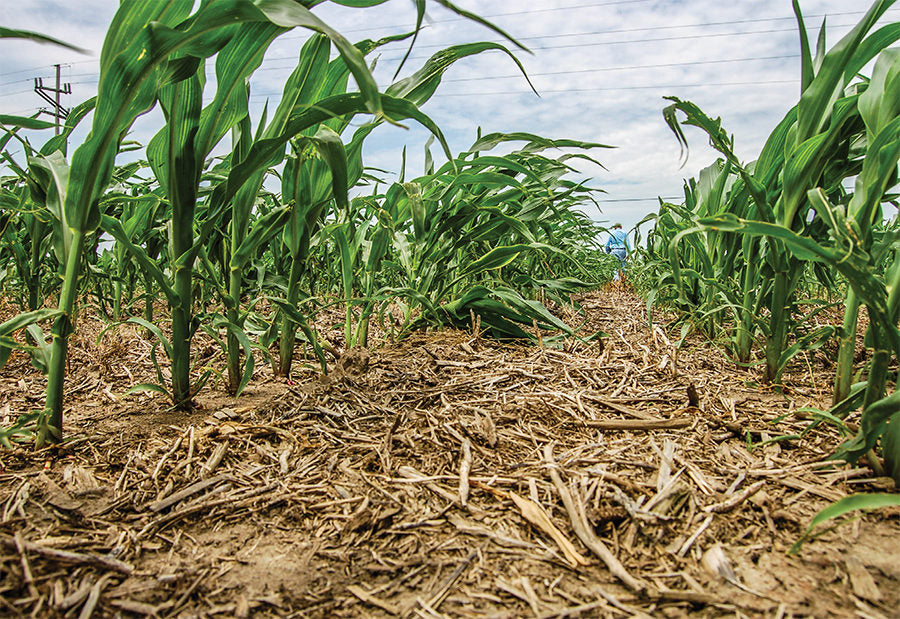1. Soil Health and Structure:
No-till farming preserves the natural structure of the soil by minimizing disturbance. The absence of plowing helps maintain soil aggregates, reducing erosion and promoting the growth of beneficial microorganisms. Healthy soil structure enhances water retention and nutrient availability, creating a more conducive environment for plant growth.
2. Erosion Prevention:
By leaving crop residues on the field surface, no-till farming acts as a natural shield against soil erosion. The residue cover provides a protective layer, preventing soil particles from being carried away by wind or water. This erosion prevention is particularly crucial in areas prone to weather extremes.
3. Conservation of Moisture:
No-till farming helps retain soil moisture more effectively. The crop residues left on the field act as a protective blanket, reducing evaporation and allowing water to infiltrate and be stored in the soil. This moisture conservation is especially beneficial in regions facing water scarcity or unpredictable precipitation patterns.
4. Reduced Greenhouse Gas Emissions:
Traditional plowing releases carbon stored in the soil into the atmosphere. No-till farming, by minimizing soil disturbance, helps sequester carbon and reduces the emission of greenhouse gases. This contributes to mitigating climate change and aligns with sustainable farming practices.
5. Time and Cost Savings:
No-till farming simplifies the planting process by eliminating the need for extensive tillage. Farmers save time and reduce fuel consumption, leading to lower operational costs. The efficiency gained in planting and field preparation allows for more streamlined agricultural operations.
6. Weed Management and Pesticide Reduction:
Crop residues left on the field in no-till systems act as a natural mulch, suppressing weed growth. This helps reduce the need for herbicides and minimizes the impact of chemical inputs on the environment. No-till farming promotes integrated pest management practices, fostering a healthier balance in the ecosystem.
7. Improved Biodiversity:
The reduced disturbance in no-till systems creates a more stable and diverse ecosystem. Beneficial organisms, including earthworms and beneficial insects, thrive in undisturbed soils, contributing to increased biodiversity. This ecological balance has positive ripple effects throughout the entire agricultural ecosystem.
8. Long-Term Sustainability:
No-till farming is a practice with long-term benefits. Over time, as soil health improves, farmers often observe increased yields and greater resilience to adverse weather conditions. The sustainability of no-till practices becomes evident as the soil becomes a thriving, self-sustaining ecosystem.
Conclusion:
No-till farming stands as a beacon of sustainable agriculture, offering a host of benefits that extend beyond immediate crop yields. As farmers increasingly recognize the importance of preserving soil health, preventing erosion, and mitigating environmental impact, the adoption of no-till practices continues to grow. Embracing no-till farming is not just a shift in methodology; it's a commitment to cultivating a future where agriculture coexists harmoniously with nature, fostering a resilient and sustainable global food supply.




